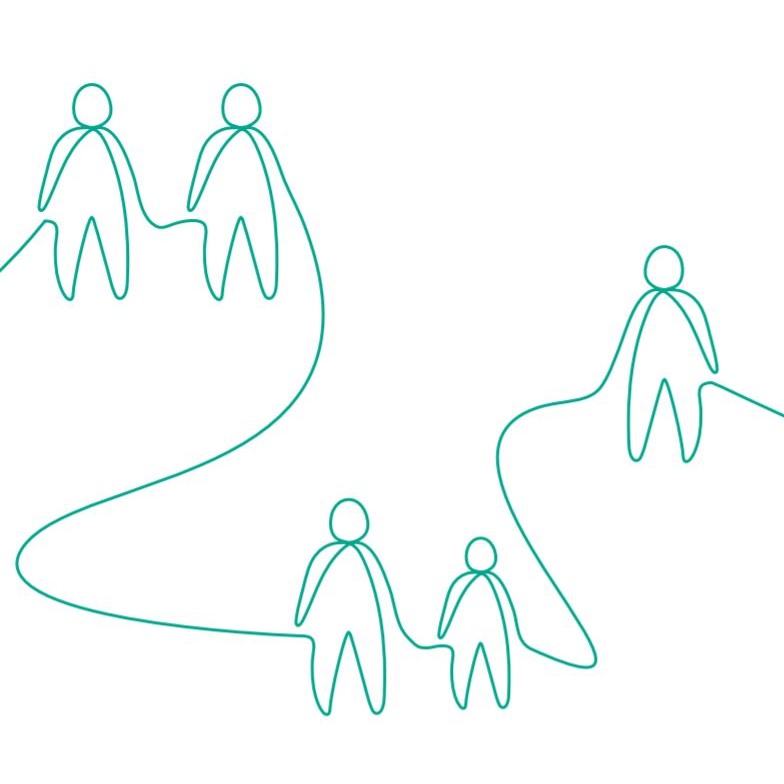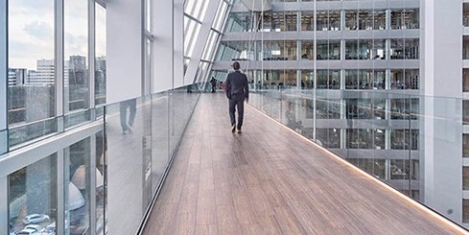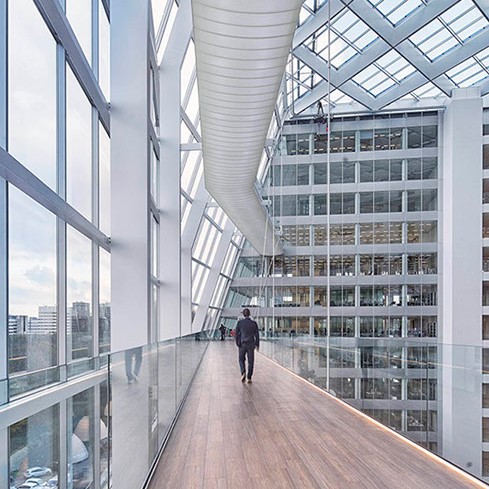To provide the best experiences, we use technologies like cookies to store and/or access device information. Consenting to these technologies will allow us to process data such as browsing behaviour or unique IDs on this site. Not consenting or withdrawing consent, may adversely affect certain features and functions.
The technical storage or access is strictly necessary for the legitimate purpose of enabling the use of a specific service explicitly requested by the subscriber or user, or for the sole purpose of carrying out the transmission of a communication over an electronic communications network.
The technical storage or access is necessary for the legitimate purpose of storing preferences that are not requested by the subscriber or user.
The technical storage or access that is used exclusively for statistical purposes.
The technical storage or access that is used exclusively for anonymous statistical purposes. Without a subpoena, voluntary compliance on the part of your Internet Service Provider, or additional records from a third party, information stored or retrieved for this purpose alone cannot usually be used to identify you.
The technical storage or access is required to create user profiles to send advertising, or to track the user on a website or across several websites for similar marketing purposes.
 A new report by The Institute of Leadership & Management called Leaders at Play claims that participating in competitive sport gives people an advantage in their working lives, which in turn gives men an advantage because many more have competed in sports. The report also claims that people are often aware of the link because three quarters of workers who play competitive sport believe it gives them skills and capabilities that provide them with a workplace advantage. (more…)
A new report by The Institute of Leadership & Management called Leaders at Play claims that participating in competitive sport gives people an advantage in their working lives, which in turn gives men an advantage because many more have competed in sports. The report also claims that people are often aware of the link because three quarters of workers who play competitive sport believe it gives them skills and capabilities that provide them with a workplace advantage. (more…)

































October 16, 2019
Remote working can increase stress and reduce wellbeing
by Stephanie Russell • Comment, Flexible working, Wellbeing